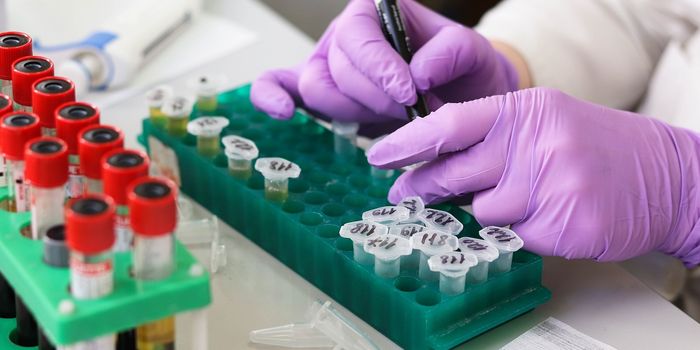Sunshine Vitamin Lowers COVID Mortality
Vitamin D is sometimes referred to as the “sunshine vitamin” because it’s synthesized in the skin after exposure to ultraviolet radiation in sunlight. A recent study showed that vitamin D could lower the risk of severe illness and even death due to COVID-19 infections. With global cases surpassing 90 million, researchers continue hunting for ways to lower the pandemic’s death toll.
The role of vitamin D in promoting calcium absorption for bone health has been well established. Interestingly, vitamin D receptors are also expressed on a variety of immune cell types: B cells, T cells, and antigen-presenting cells. Indeed, previous studies have uncovered how this vitamin has the ability to modulate both innate and adaptive immune responses.
The link between vitamin D supplementation and respiratory disease management is not a new one. Long before antibiotics were discovered, tuberculosis patients were prescribed sunbathing sessions with sunlight thought to kill the disease-causing pathogens directly. Additionally, patients were given cod liver oil (a rich natural source of vitamin D) to treat their symptoms and protect them from future infections.
More recently, cross-sectional studies have associated lower vitamin D levels with an increased risk of upper respiratory tract infections. Though the underlying mechanisms of this association have yet to be fully understood, it is thought that vitamin D may enhance the innate antimicrobial response, improving the recognition and destruction of microbes by immune cells.
Now, researchers surveying global health data have highlighted that COVID-19 clinical outcomes were significantly better for patients receiving vitamin D supplements. There was a lower mortality rate, fewer cases requiring intensive care unit admissions, and a dramatic decrease in the circulating levels of fibrinogen—a protein responsible for inflammation and tissue damage.
“Vitamin D supplementation seems to decrease the mortality rate, the severity of the disease, and the inflammatory markers' levels among the COVID-19 infected patients, leading to a better prognosis and increased survival,” wrote the authors.
The authors call for follow-on studies to determine how vitamin D can be used effectively as a preventative measure against COVID-19 infection. As explained in the study: “More studies should be conducted to determine the optimum dosage and route of vitamin D supplementation and further investigate the potential prophylactic effects.”
Sources: medRxiv pre-print, News Medical.









